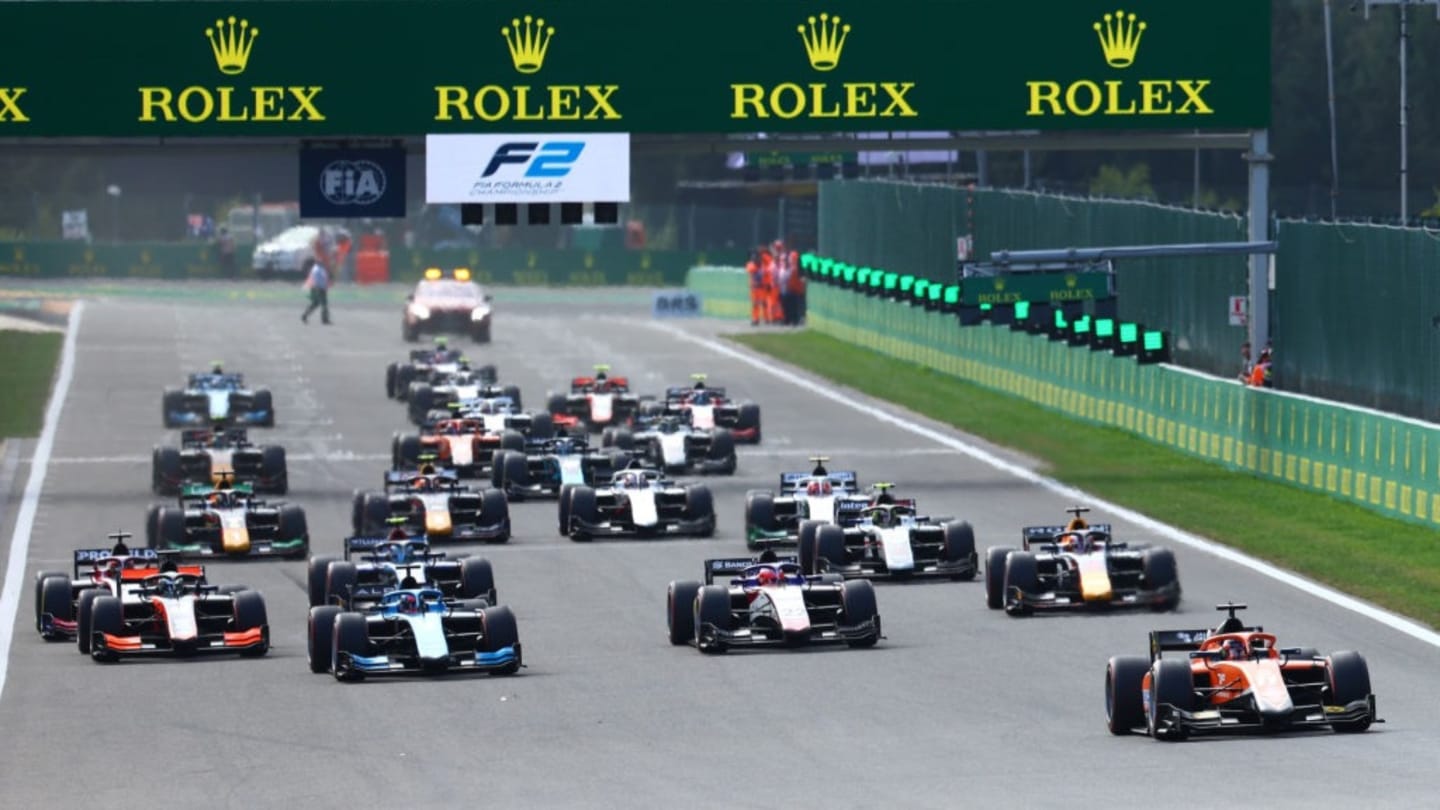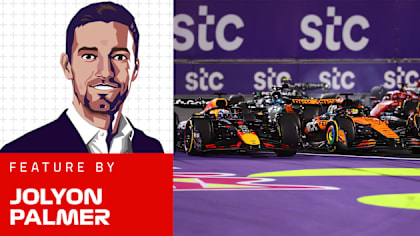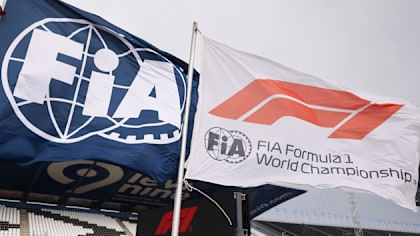
News
Formula 2 and Formula 3 set to partner with Aramco to pioneer sustainable fuels from 2023
Share

Formula Motorsport Limited (FML) have today signed a Memorandum of Understanding (MoU) with Formula 1 Global Partner Aramco to introduce the use of sustainable fuels in both championships from 2023. It demonstrates how the FIA Formula 2 and Formula 3 Championships are pioneers in this important area of development, while continuing to bring the FIA Formula One World Champions of the future through the single-seater pyramid.
The new agreement – which is subject to World Motor Sport Council approval – forms part of the wider sustainability strategy announced by F1 in 2019, which will see the sport become Net Zero Carbon by 2030.
READ MORE: F1 continues push to hit Net Zero Carbon by 2030 target
By 2026, all FIA Championships will be required, by regulation, to power their cars with 100% sustainable fuels. A key milestone in the journey will be the introduction of a 100% sustainable fuel from the 2026 F1 season, alongside the next generation hybrid engines.
Motor sport continues through these innovations not only to promote, but also to be at the forefront of the creation of the multiple technologies that will play a critical role in the future of the entire transportation industry.
Aramco is working on the development of sustainable fuels as a “drop-in” technology, meaning they could be rolled out to the world’s existing automotive fleet – helping to reduce global transport emissions.
F1's fuel of the future
Stefano Domenicali, President and CEO, Formula 1, said: “Aramco is a leader in this space and, subject to the approval of the FIA World Motor Sport Council, will deliver our sustainable fuel ambitions, working closely with our colleagues in F2 and F3, who not only bring through the drivers of the future but offer a superb testing ground for the latest engineering in motorsport.
“In 2026, F1 will move to zero-emission sustainable fuel that offers a game-changing solution for the automotive sector and beyond. With the support of Aramco and all our manufacturers, we can accelerate the sector’s move to net zero.”
Mohammed Ben Sulayem, FIA President, said: “Sustainability is at the top of the global motor sport agenda, and it is vital to see this work not only going on in Formula 1, but also in Formula 2, Formula 3 and throughout the entire ecosystem. Our sport is developing and evolving rapidly and it will continue to lead the way, pioneering the technologies, including sustainable fuels, that will be crucial to tackle climate change.
“We are a key part of the solution to the problems we are facing worldwide, and the partnership is going to bring huge benefits to the sport and to the wider industry.”
Ahmad Al-Khowaiter, Chief Technology Officer, Aramco, added: “Aramco is leveraging its unique scale, global network, and technological expertise to help deliver low-carbon transport solutions. We believe strongly in the power of partnerships and, through our collaboration with F2 and F3, we aim to demonstrate the significant potential of liquid synthetic fuels.
2026 Engine regulations: Everything you need to know
“We are exploring practical solutions that can enable decarbonization of the transport sector, from low-carbon fuels and more efficient engines to cutting-edge materials and carbon capture technology. By teaming up with F2 and F3 on this journey, we hope to make a positive impact by enabling emissions reduction in motorsport and, ultimately, the broader transportation sector.”
READ MORE: Formula 1 on course to deliver 100% sustainable fuels for 2026
And Bruno Michel, CEO, FIA Formula 2 and FIA Formula 3, said: “Sustainability is a top priority in today’s world, and we have been working on making our sport more sustainable for some time now. The goal to switch to synthetic fuel can only be achieved through the partnership with a company of the scale of Aramco, which is determined to produce advanced sustainable fuel in the near future.
“It’s easier to implement such a significant change in F2 and in F3, as they are single-make categories with single suppliers. We’re very happy to undertake an innovation role – as we did last season with the introduction of the 18-inch tires now used in F1 – and take the first steps towards synthetic sustainable fuel.”
YOU MIGHT ALSO LIKE
OpinionF1 Unlocked PALMER: Verstappen’s Turn 1 penalty proved decisive in Jeddah, so were the stewards right?
News Horner repeats message over Verstappen’s future as he stresses ‘we win and we lose together’
News Minor refinements to 2025 regulations agreed at F1 Commission meeting
News GM Performance Power Units approved as F1 power unit supplier



)
